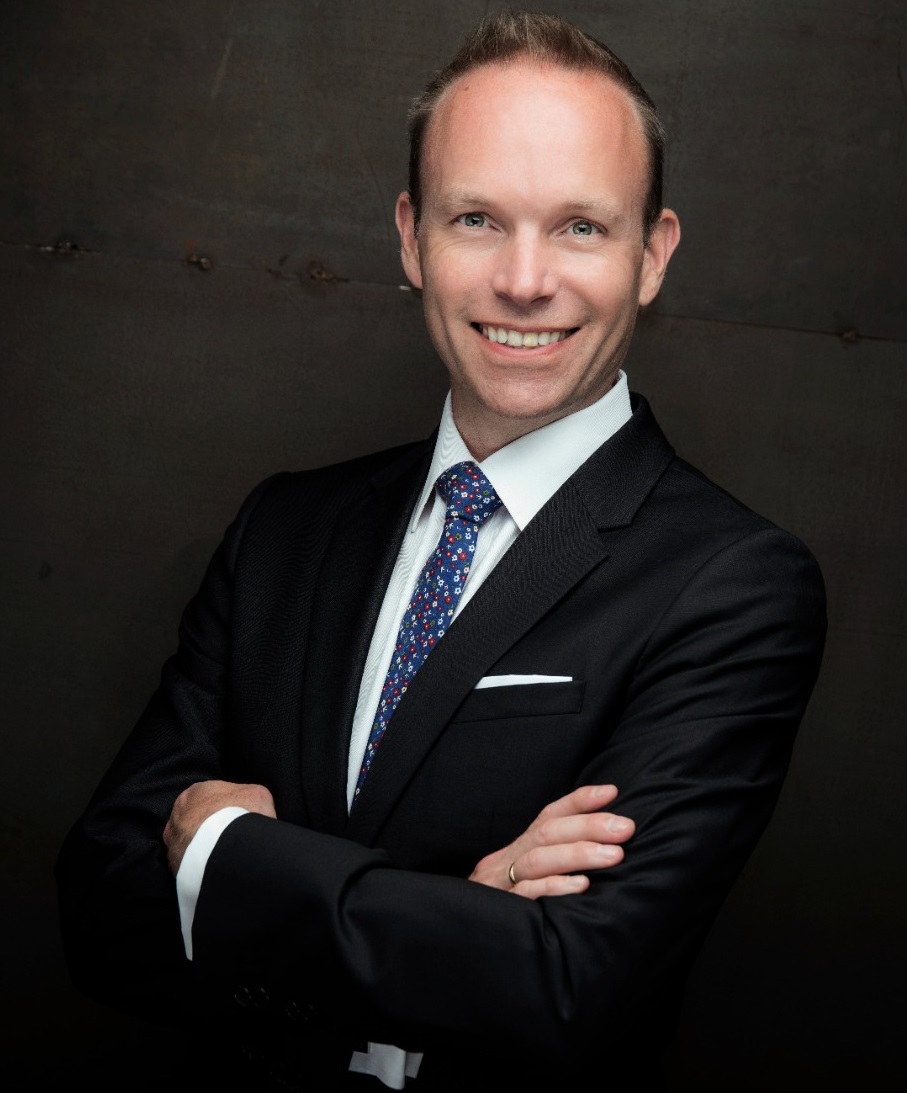By Tim Cordon, Area Senior Vice President, Middle East & Africa, Radisson Hotel Group
Last year gave the hospitality industry a nasty shock, but it also provided an opportunity to create a new environment in which our behaviours and decision-making can contribute to the evolution of better societies and more solidarity. As we near the end of the first quarter of 2021, it’s worthwhile looking back at the truths we relearnt as an industry, to take with us into the rest of this year.
Truth # 1: Trust in the future
Back in March 2020, we knew our reaction to the pandemic would define us. We could never be certain of the outcome of keeping our doors open. We were entering entirely uncharted territory, but one thing was certain: if we closed, our income would be zero. Once a hotel is closed, even temporarily, cash flow dries up entirely. But the building itself still requires maintenance and other basic services, which must be paid for. Our decision has proven correct. Looking at the Middle East today, hotels that have remained open have done better, overall, than those that chose to close, and have seen a positive cash flow. The travel industry has rebounded from numerous past crises, and we strongly believe we will bounce back this time too – but with fresh and innovative perspectives.
Truth # 2: Hospitality affects more than only hotel owners
In 2019, the hospitality industry – and, more specifically, the travel and tourism sectors – accounted for more than 10% of global GDP. Additionally, one of every 10 jobs was within the sector, representing more than 300 million jobs globally. Prior to the pandemic, the direct contribution of travel and tourism to the Middle East’s GDP was predicted by the World Travel and Tourism Council, to reach $133.6 billion by 2028. In the region, Dubai has shown the economic potential of tourism when policies are prioritised and stakeholders are well aligned while Saudi Arabia are actively pursuing the potential of hospitality and tourism to build private-sector momentum in and around the industry and create jobs. As an industry, we have yet to really innovate with a view to contributing to the “social good”, a crucial measure of positive ingenuity. Our future should be dictated by the desire to impact communities positively and to support everyone’s efforts to succeed.
Truth # 3: Individual hotels matter – without them, there’s no team
We are committed to supporting local entrepreneurs and investors across the Middle East, who have worked tirelessly to establish their hotels, and for whom our distribution channels, established network and procurement platforms could be a lifeline as they work to sustain their businesses. In the last years, the GCC region specifically witnessed a tremendous increase in new hotel developments, the majority of which are subject to management agreements with international operators or local brands growing their footprint. But amongst those there are also some individual projects, those who have a vision but might need a helping hand, especially in time like these. With that in mind, Radisson Hotel Group has launched Radisson Individuals, a brand that allows hotels to maintain their individuality and their autonomy, while still becoming members of the Radisson global family. Purely an affiliation brand, Radisson Individuals helps upscale independently owned and operated hotels with an existing management platform in place. It connects them with Radisson’s global network and distribution systems, sales and marketing initiatives, economies of scale, and bargaining power with online travel agencies and procurement. The goal is to specifically boost revenue, so no property improvement plan is required, and hotels that join can either keep their brand or switch to one of Radisson’s core brands.
Truth # 4: Local will always be top of mind
Post COVID-19, recovery will continue to be fuelled by domestic tourism and regional business travellers. Based on previous crises, we believe that leisure travel will recover more quickly, especially travel that involves visiting friends and relatives in combination with business trips. In response to families and solo travellers seeking incentives like discounts on guest rooms, free upgrades, added value and booking flexibility that allows for free cancellation, businesses are paying special attention to hotel offerings, too. While leisure demand strengthens, the return of corporate business is still unclear. This is why Radisson launched Hybrid Solutions for business travellers, which includes Hybrid Rooms and Hybrid Meetings, in more than 50 hotels in Europe, the Middle East and Africa, with more rolling out this year. While aimed at businesses, these offerings can also be utilised by individuals or local businesses for smaller events or, in the case of Hybrid Rooms, as a productive and quiet workspace away from home.
Truth # 5: One step ahead
As international travel found itself in the ever-changing crossfire of quarantine rules and Covid-19 case counts throughout 2020, staycations became one of the primary drivers of occupancy during the pandemic across the Middle East. Tourism bodies across the region have launched several initiatives to push visitor numbers up. The GCC is highly integrated and is close to enabling domestic or intra-regional travel without borders for its citizens and residents. In conjunction with mass vaccination programmes, it is clear that the regional economy will be relying on travel and tourism to recover quickly, evidenced in the rapid roll-out of the vaccine across the GCC. This feature, particularly for GCC nationals and residents, will continue to drive growth in short-haul trips and weekend travel, in terms of both sheer numbers as well as frequency and with that travel will once again soar. Many of the important source markets of GCC tourism are in regions where the vaccine response is not as far progressed, such as Europe. Therefore, whilst international travel routes remain unclear, experts are looking to the domestic market to fuel occupancy, especially in the short term.
Truth # 6: Health and safety is non-negotiable
Safety is a priority for everyone, and we can all accept that travellers all over the world will continue to be much more aware and careful. We’ve implemented the highest possible safety and hygiene protocols across all of our hotels in partnership with SGS, one of the world’s leading auditing and commissioning companies, who have assured us that the protocols we have in place can assure a safe stay for all of our customers. This helps to reassure our guests and reduces the risk of any further spread of COVID-19.
Truth # 7: New opportunities that arise as a result
As with all systemic market shocks, the COVID-19 pandemic offers the opportunity for a reset, a chance for the both the destination and hotels to re-innovate themselves. Those who understand the new definition of ‘normal’, adapt and respond, will be able to benefit from these new opportunities. Restoring customer confidence in staying at a hotel won’t be a linear journey, and hospitality groups and their travel ecosystem partners will be judged by how well and how quickly they manage their customers’ safety and any new situations that arise. But, like a shaken snow globe, the post-COVID-19 landscape may be as good or even better than before the pandemic — because people are, and will always be, social animals. One key opportunity that the tourism and hospitality sector can look to innovate, is capitalising on emerging consumer trends in order to cater to changing needs and demands. From food and travel, to sports and balanced lifestyle, the pandemic has led to new thought processes with the responsibility onus to learn how to effectively implement them. Whether they prefer a big-city hotel run by a global chain, a lodge in the mountain, tranquility at the beach resort or a small bed-and-breakfast, people will always want to “get away”. Making the guest feel comfortable and safe, no matter the situation, is and always will be the aim of hospitality.

As vaccines are slowly being rolled out across the globe and the different key feeder markets begins to emerge from lockdown, with more opportunities to restart, there is plenty of hope for the hotel industry’s future.
At Radisson, we believe we can get through this, together, and emerge stronger in the end.

